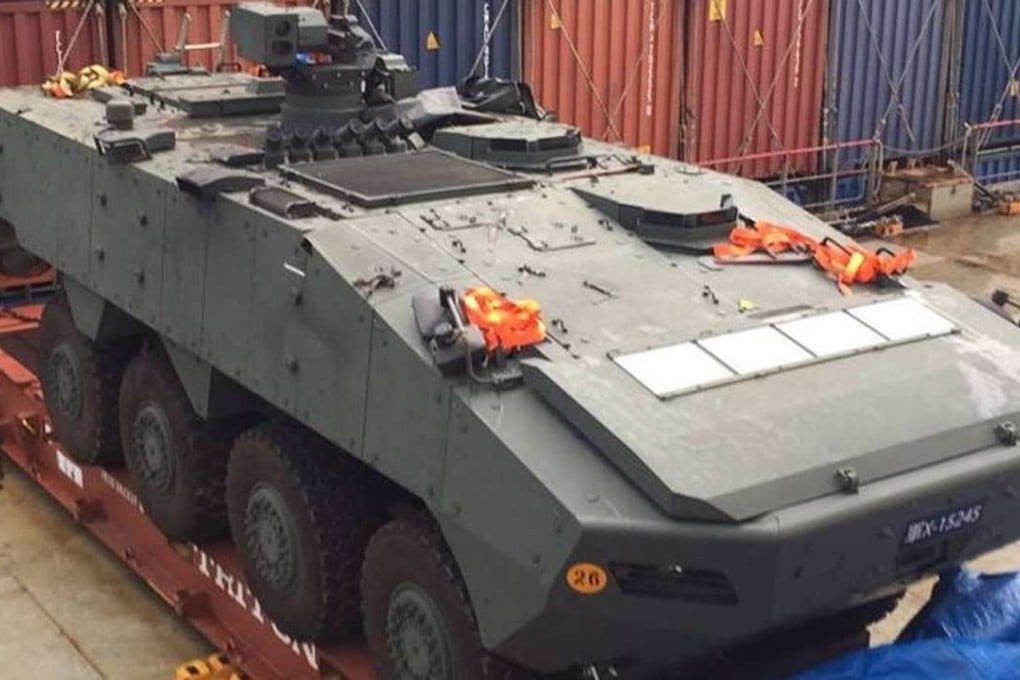How Singapore’s military vehicles became Beijing’s diplomatic weapon
A growing number of analysts believe the action was an attempt to “kill two birds with one stone” – or, as Beijing might see it, to punish the city state while isolating a renegade province

Nine armoured vehicles belonging to Singapore are seized in Hong Kong en route from Taiwan. Is it a chance swoop by dutiful customs officials on top of their game, or part of a carefully laid trap set years ago by scheming officials in Beijing?
Much as the latter may sound like a conspiracy theory, it’s exactly the conclusion being reached by a growing number of analysts – that the action was an attempt to “kill two birds with one stone” – or, as Beijing might see it, to punish a former friendly neighbour while isolating a renegade province. According to these experts, Beijing hopes to teach the city state a lesson following a slew of what it sees as diplomatic slights, ranging from its ‘secret’ military links with Taipei to its stance on the South China Sea sovereignty disputes.

Meanwhile, in stepping up the pressure on Singapore to sever those military links, Beijing hopes to cast Taipei further adrift internationally – enough perhaps for the Taiwanese president, Tsai Ing-wen, to rethink her refusal so far to recognise the ‘1992 consensus’. That consensus was an agreement between Beijing and Taiwan’s then ruling party, the Kuomintang, that there is only one sovereign Chinese nation (the ‘one China’ principle) – and Tsai’s refusal to acknowledge it has raised Beijing’s displeasure towards her independence-leaning Democratic Progressive party (DPP).
William Choong, a senior fellow at the International Institute for Strategic Studies in Singapore, said Beijing’s displeasure at the DPP’s victory over the Kuomintang in January, together with its struggling relationship with Singapore, had raised suspicions over the seizure in Hong Kong.
Inside the Terrex military vehicle at the centre of Singapore-China storm
“Both Taiwan and Singapore are not in Beijing’s good books at the moment. Tsai Ing-wen is out in the cold because she has not mentioned the 1992 consensus, and Singapore has been in China’s spotlight for the past few months,” he said, referring to the fallout that followed a July ruling by an international tribunal ruling that favoured the Philippines over China. To Beijing’s manifest dismay, Singapore’s Prime Minister Lee Hsien Loong was viewed by many Chinese as appearing to back the ruling when he said it was a “strong statement” about international law and its application to maritime disputes.